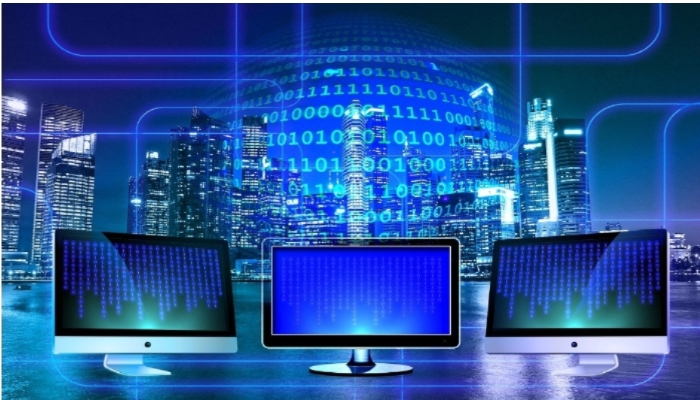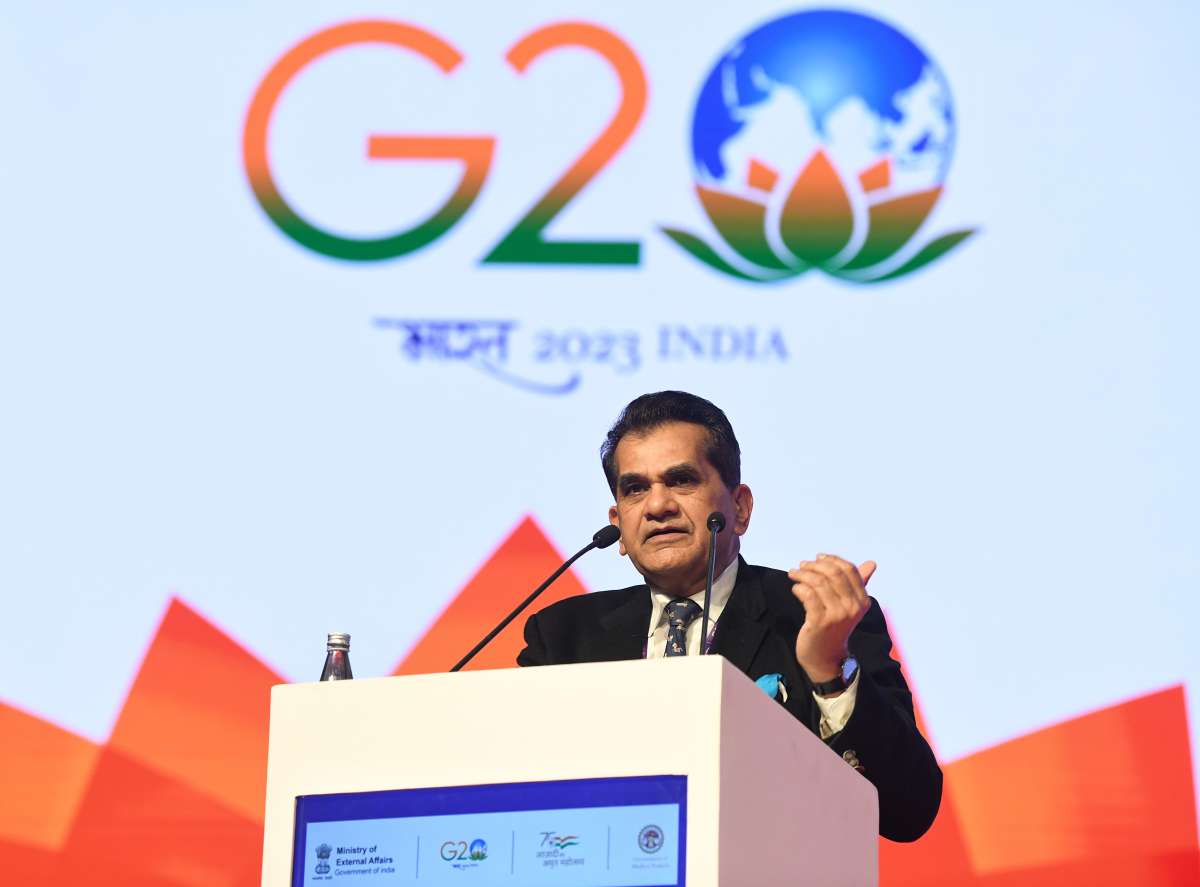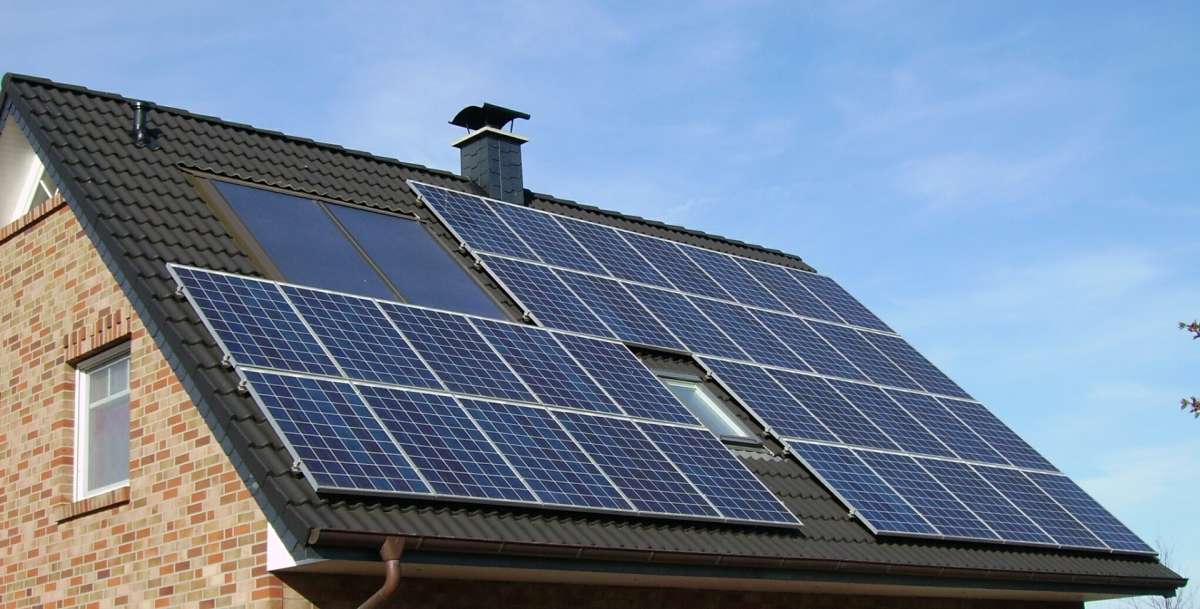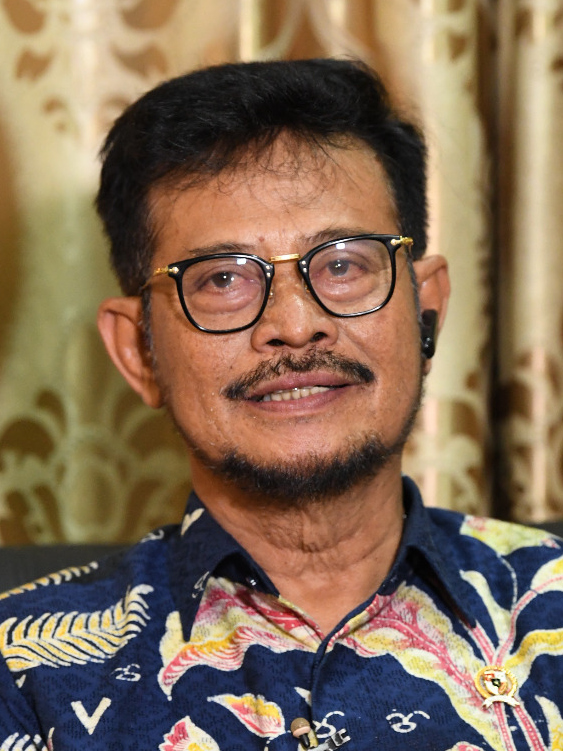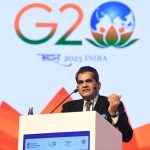According to Chandrasekhar, India is now a case study, as a nation that employed and deployed technological tools for progress and growth…reports Asian Lite News
India G20 Presidency has shown the way forward with the Digital Economy Ministers reaching a groundbreaking consensus on how to effectively shape Digital Public Infrastructure (DPI) of the future during their meeting held in August.
Interacting with the media on Tuesday (September 5, 2023), Union Minister of State for Skill Development & Entrepreneurship and Electronics & IT, Rajeev Chandrasekhar said that the consensus between nations focused broadly on three key areas – Digital Public Infrastructure, Cybersecurity and Digital Skills.
“DPIs, for the first time ever, reached a global consensus and what ought to be their definition, framework, and principles. This is an exciting conversation that has gained momentum in the context of the G20,” he said, days ahead of the G20 Delhi Summit on September 9-10- 2023.
According to Chandrasekhar, India is now a case study, as a nation that employed and deployed technological tools for progress and growth.
“Countries that have lagged behind increasingly see this as a way to follow India’s lead in DPIs, an open-source digital infrastructure, and using it to create the same impact that India has. Through these G20 conversations, we have further understood how DPIs are a powerful mechanism for inclusion, especially for countries in the global south,” he said.
“On cybersecurity, the G20 digital economy ministers have had wide-ranging discussions on why it is important for businesses to be protected. Cybersecurity is an important issue for all countries in the world because the digital economy is becoming an increasingly larger component of economic progress and the global economy,” MoS Chandrasekhar pointed out.
The third point of consensus was digital skills. The minister said that in a post-Covid digital world, it is necessary for nations to ensure that digital skills are taught and nurtured among the youth.
“Digital skills are increasingly needed in this post-Covid digital world. India’s talents are focused on creating digital skills for our youth. This is something that has resonated during this discussion. Many countries are interested in partnering with each other and with India to create digital-ready, future-ready skill talent to deal with the ongoing challenges in the coming techade,” MoS Chandrasekhar added.
Incidentally, a Digital India Experience Zone is set to be a major attraction at the 18th G20 Summit in New Delhi. It aims to provide hands-on experience to the G20 delegates on Digital Public Infrastructure (DPI) and the success of Digital Transformation implemented in India at significant population scale.
The Digital India Experience Zone will help in the sharing of experience and best practices on implementing DPIs in the country and make global stakeholders aware of projects that are scalable and replicable.


